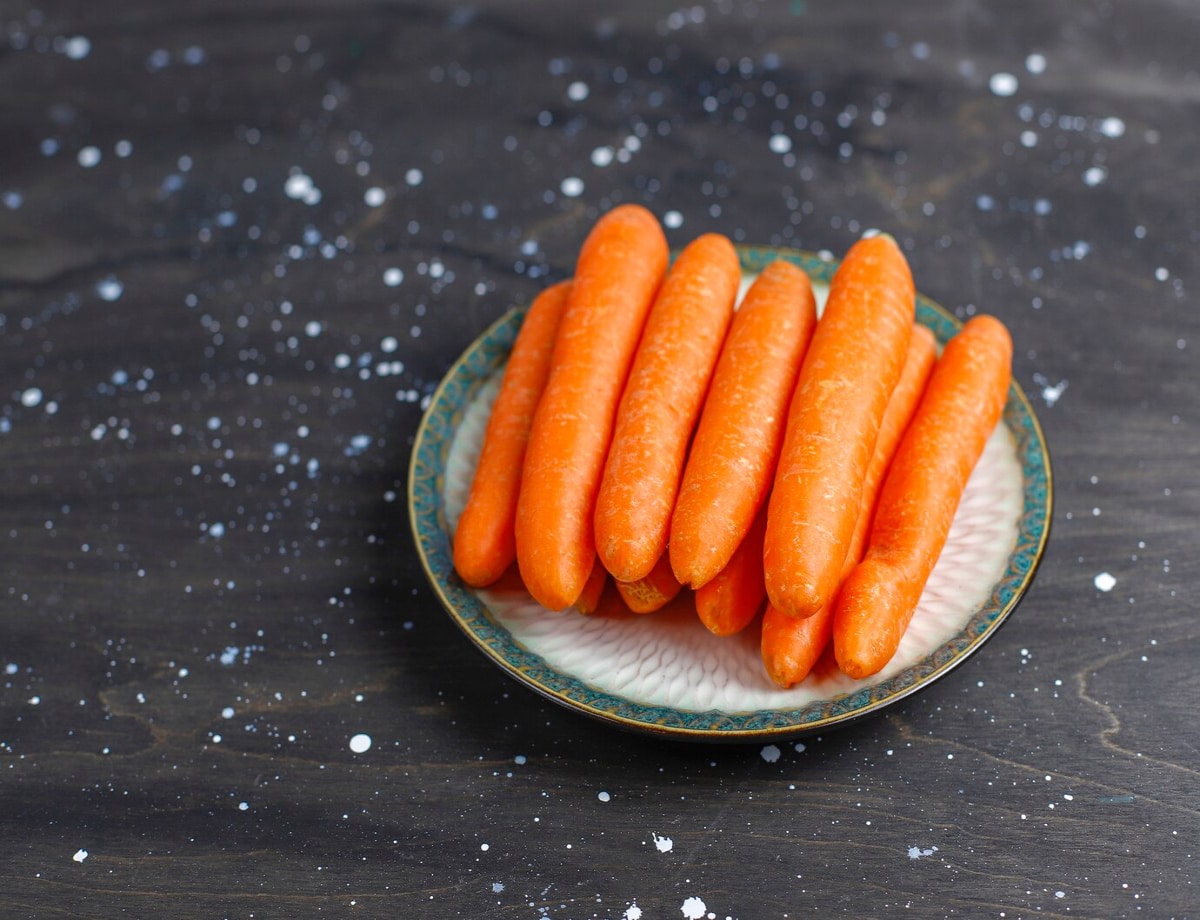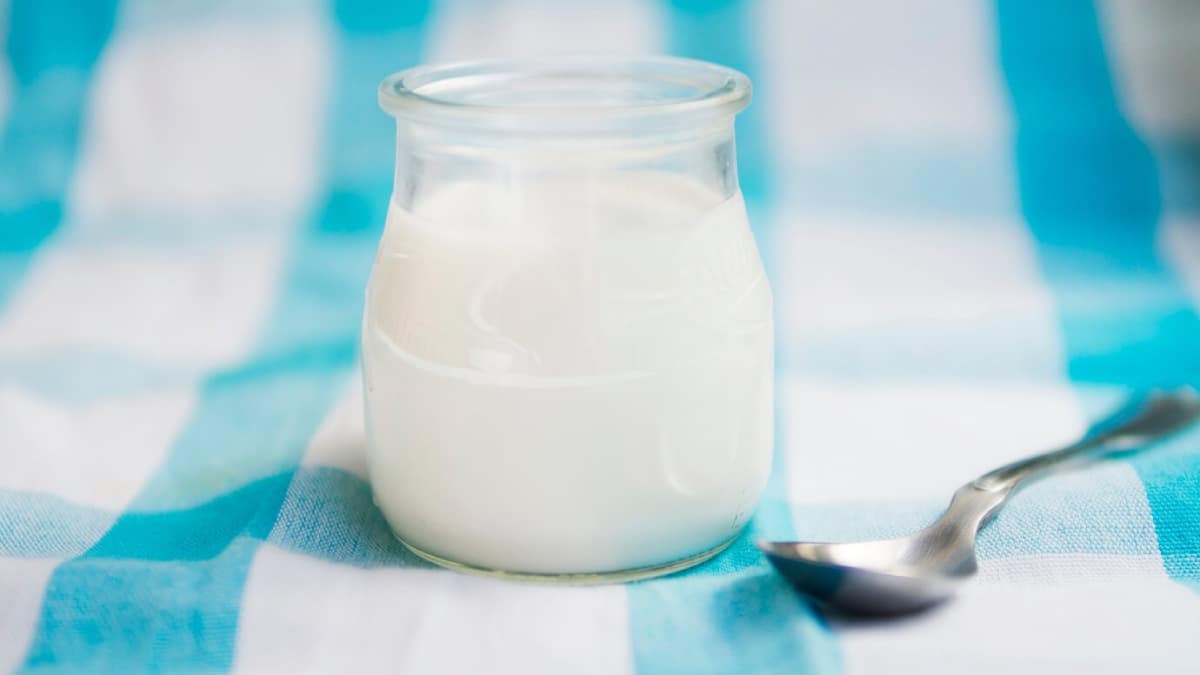
Uncovering the Science of Fermented Probiotics and Their Benefits
You’ve probably heard about the health buzz around probiotics. But have you ever wondered what’s actually happening inside your body when you eat fermented foods? Beyond the crunchy sauerkraut or fizzy kombucha, there’s a whole world of microbiological magic working in your favour.
Welcome to the fascinating realm of fermented food science. This article explores the biology and chemistry of fermented probiotics. You’ll learn how they’re made, how they survive, and their benefits for gut health. You’ll learn how these living microbes impact digestion, immunity, brain function, and beyond.
This article is for health lovers, curious foodies, and anyone with digestion issues. It shares research, expert advice, and practical tips. You’ll learn how to use your probiotic microbiome effectively.
What Are Probiotics—and Why Do They Matter?
Defining Probiotics
Probiotics are live germs, mostly bacteria and yeasts. When you eat enough of them, they can help your health. They’re most commonly found in fermented foods, supplements, and even some skincare products.
Your Gut as a Microbial Metropolis
Your gut contains over 100 trillion microbes. Scientists refer to this collection as the gut microbiome. This microbial ecosystem regulates:
- Digestion and nutrient absorption
- Immune system function
- Hormone regulation
- Brain chemistry
Keeping your gut flora health in check is critical to your overall wellbeing. And probiotics—especially those from fermented foods—play a central role.
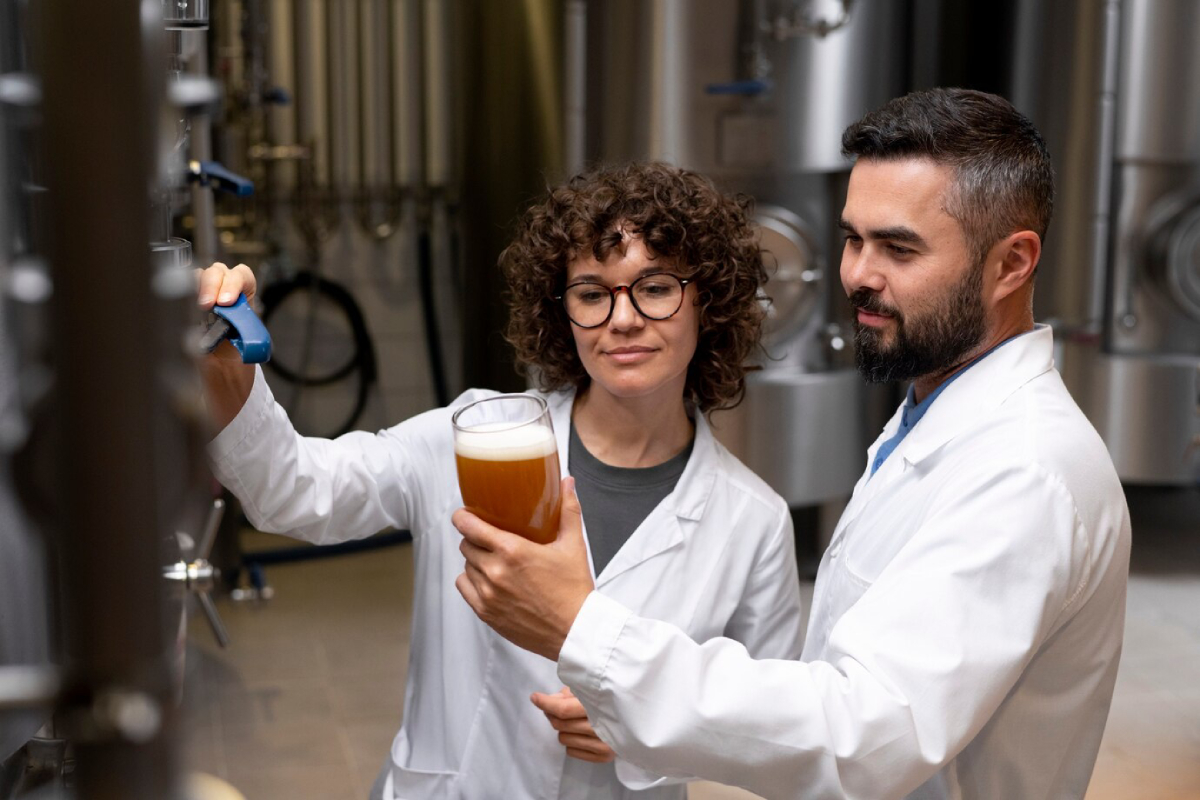
The Fermentation Process: Nature’s Probiotic Factory
What Is Fermentation?
Fermentation is a natural, anaerobic process in which microorganisms convert sugars and starches into acids, gases, or alcohol. This not only preserves the food but also enhances its nutritional and probiotic profile.
Types of Fermentation:
- Lactic Acid Fermentation – Common in sauerkraut, yoghurt, kimchi
- Alcoholic Fermentation – Found in beer, wine, kombucha
- Acetic Acid Fermentation – Vinegars and some pickles
The most relevant to gut health is lactic acid fermentation, which produces lactic acid and a variety of beneficial probiotic strains.
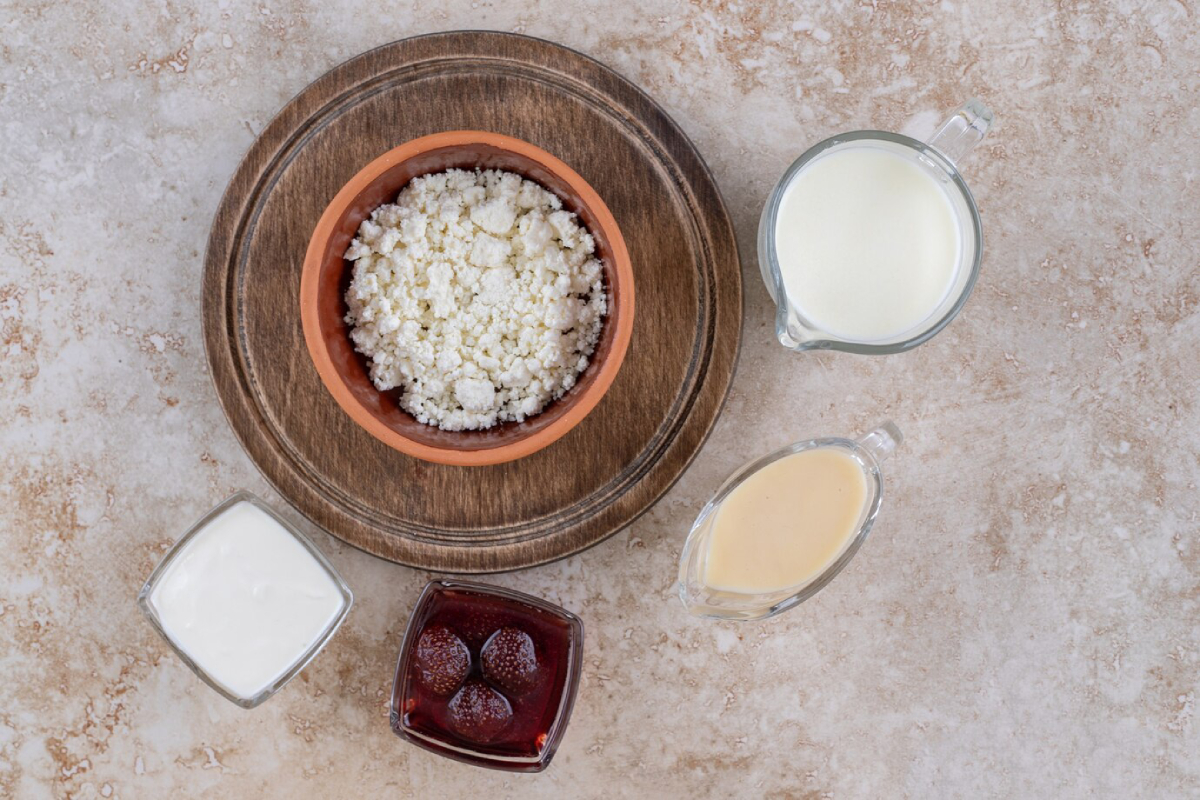
How Fermented Foods Deliver Probiotic Power
Live Cultures in Action
Fermented foods teem with live cultures like:
- Lactobacillus
- Bifidobacterium
- Saccharomyces boulardii (a probiotic yeast)
These microbes colonise the gut, improve its environment, and outcompete harmful bacteria.
Enhanced Nutrient Bioavailability
Fermentation increases the bioavailability of nutrients like:
- B vitamins
- Vitamin K2
- Amino acids
- Minerals like magnesium and calcium
This makes your food not just healthier—but more usable by your body.
Curious about specific foods? Learn more from Best Fermented Foods for Digestive Health
Probiotic Strains: Not All Are Created Equal
Common Probiotic Strains and Their Benefits:
| Strain | Main Benefits |
| Lactobacillus rhamnosus | Aids diarrhoea recovery, boosts immunity |
| Bifidobacterium longum | Reduces inflammation, improves IBS symptoms |
| Lactobacillus acidophilus | Supports vaginal and gut health |
| Saccharomyces boulardii | Fights antibiotic-associated diarrhoea |
Each fermented food contains a unique probiotic profile. That’s why variety in your diet matters!
The Journey Through Your Body: From Plate to Colon
Can Probiotics Survive Stomach Acid?
Yes—but it depends on the strain and food matrix. Fermented foods offer natural protection for probiotics as they pass through the acidic stomach.
Examples of probiotic-friendly foods that protect microbes:
- Yoghurt (acts as a buffer)
- Kefir (higher diversity, resilient strains)
- Kimchi and sauerkraut (lactic acid helps protect bacteria)
Where Do Probiotics Work?
Most probiotics settle in the colon, where they ferment undigested fibres (prebiotics) and produce:
- Short-chain fatty acids (SCFAs)
- B-vitamins
- Antimicrobial compounds
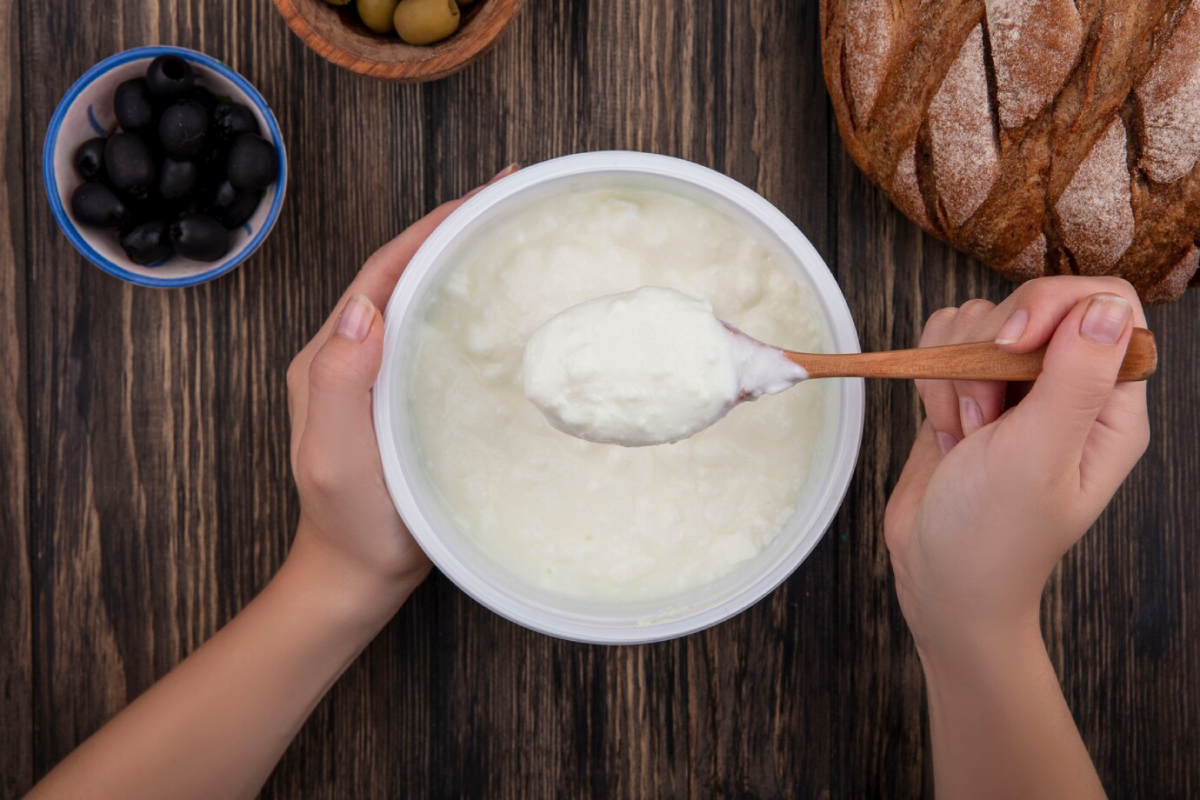
Proven Benefits of Fermented Probiotics
1. Improved Digestion
Probiotics help break down food and alleviate issues like:
- Constipation
- Bloating
- Lactose intolerance
2. Stronger Immunity
Roughly 70% of your immune system lives in your gut. Probiotics stimulate immune cells and improve pathogen resistance.
3. Enhanced Mental Health
The gut-brain axis connects your digestive system with your central nervous system. Fermented foods support:
- Mood regulation
- Reduced anxiety and depression
- Improved stress response
4. Weight Management
Balanced gut flora improves metabolism, reduces cravings, and may support fat loss efforts.
5. Skin Health
By lowering inflammation and improving nutrient absorption, fermented probiotics can help with conditions like acne and eczema.
Fermented Foods vs. Probiotic Supplements
Food-Based Ferments:
- Naturally occurring strains
- Better bioavailability
- Provide enzymes, fibre, and nutrients
Supplements:
- High CFU count (colony forming units)
- Targeted strains for specific conditions
- Easy to dose and transport
Which is better? Ideally, both. Use fermented foods for daily maintenance, and supplements for therapeutic purposes or travel.
Fermented Foods to Try
| Food | Probiotic Content | Notes |
| Yoghurt | Lactobacillus, Bifidobacteria | Choose plain, unsweetened, live-culture versions |
| Kefir | Wide variety incl. yeasts | Great for dairy-sensitive guts |
| Sauerkraut | Lactic acid bacteria | Raw and unpasteurised only |
| Kimchi | Spicy and fibre-rich | Anti-inflammatory |
| Tempeh | Rhizopus oligosporus | Fermented protein source |
| Miso | Aspergillus oryzae | Use as broth or dressing |
| Kombucha | SCOBY-based | Lightly fizzy, tangy drink |
Real People, Real Results
“Probiotics helped my IBS symptoms” “I used to feel bloated after nearly every meal. Since I added fermented foods like kefir and kimchi into my diet, my gut feels calmer and more regular.” — Matt, 38, Manchester
“Clearer skin and better mood” “I never realised how connected my skin and digestion were. Once I started having miso and sauerkraut regularly, my eczema improved—and so did my focus.” — Priya, 29, Glasgow
Maximise Probiotic Benefits
Tips for Fermented Food Success:
- Start slow – Begin with 1–2 tablespoons of fermented food daily
- Rotate – Include a mix for diverse strains
- Pair with prebiotics – Eat fibre-rich foods (onions, garlic, bananas)
- Avoid high heat – Don’t cook fermented foods if you want live bacteria
- Check labels – Look for “live cultures” and “unpasteurised” on packaging
Safety and Considerations
Who Should Be Cautious?
- People with weakened immune systems
- Those with histamine intolerance
- Individuals on specific antibiotics
Always consult your healthcare provider if unsure.
What About Spoilage?
- Fermented foods should smell tangy—not rotten
- Mould or sliminess = time to compost
Trust in the Power of Fermented Probiotics
Fermented foods are more than a food trend—they’re a bridge between ancient wisdom and modern science. Their ability to nourish your probiotic microbiome, enhance digestion, and improve mental and physical wellbeing is well documented and deeply empowering.
By understanding the fermented food science, you gain agency over your health. A spoonful of kraut, a splash of kefir, or a bowl of miso soup isn’t just tasty—it’s transformative.
Try incorporating just one new fermented food this week. Observe how your body feels. You might be surprised at how much lighter, clearer, and more vibrant your everyday becomes.
If you enjoyed this deep dive, leave a comment below, share it with a friend curious about gut health, or subscribe for more science-backed wellness insights.
Dive into this further with How Fermented Foods Support Mental Wellness


